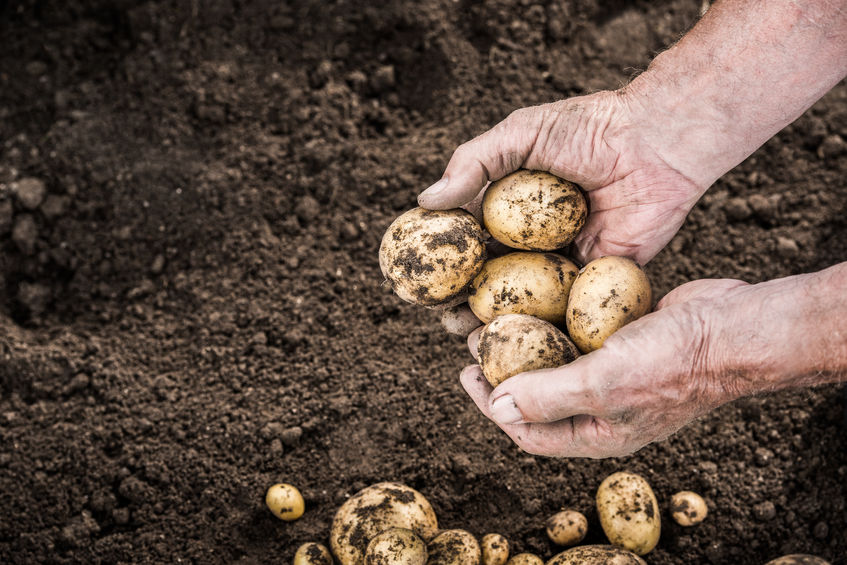New gene identified could improve crop yields

British plant scientists have identified a new gene that plays a critical role in plant growth and development – a discovery that will help improve crop yields and address the growing problem of food security.
The University of Nottingham research, which has just been published in PLOS One, was led by Dr Zinnia Gonzalez-Carranza and has pinpointed the role of a gene which has been dubbed ‘Hawaiian Skirt’ due to the fusing effect it has on the floral sepals.
Plant growth is driven by an increase in two factors, the number of cells and their size. This research shows that the Hawaiian Skirt gene regulates cell proliferation, floral development and floral organ number.
Plants lacking in the functional protein Hawaiian Skirt, not only have pods wearing skirts, but also they are more vigorous, produce longer roots and bigger seeds, petals and sepals, while the opposite is true if this protein is expressed in great amounts in the plant.
Using a model plant system (Arabidopsis) seeds were irradiated to create mutations that show abnormalities in flower development.
Dr Gonzalez-Carranza explains: “In our mutations we found the Hawaiian Skirt gene belongs to a group of regulatory proteins that function inside a cell in a very similar way to a recycling factory in a city.
“Once a protein has finished its function in the cell, in order to survive the protein must be degraded and recycled. Hawaiian Skirt is in charge of this process, which if it fails could cause unwanted affects altering the growth and development of the plant.”
Key player
The gene is a key player in the production of regulatory molecules called miRNAs which act as brakes to avoid the translation and generation of proteins that stick to the molecules that carry the instructions to generate a protein.
These are not only important for regulating organ growth and development they also play a fundamental role in response to stresses in plants.
Dr Gonzalez-Carranza continues: “Understanding the mechanisms of action of HAWIIAN SKIRT will allow us to identify novel alternatives to generate stronger and more productive crops by identifying key genes that regulate plant growth and response to stress.
“Silencing or increasing the proteins they produce can have, for example, two important effects - the first is increasing the size of grains, which increases the yield of staple crops; the second is increasing the size and structure of root systems, which improves the resilience of plants to stressful conditions such as drought. All of which makes our research highly relevant to global food security.”
The Division of Plant and Crop Sciences at The University of Nottingham is one of the largest communities of plant scientists in the UK








